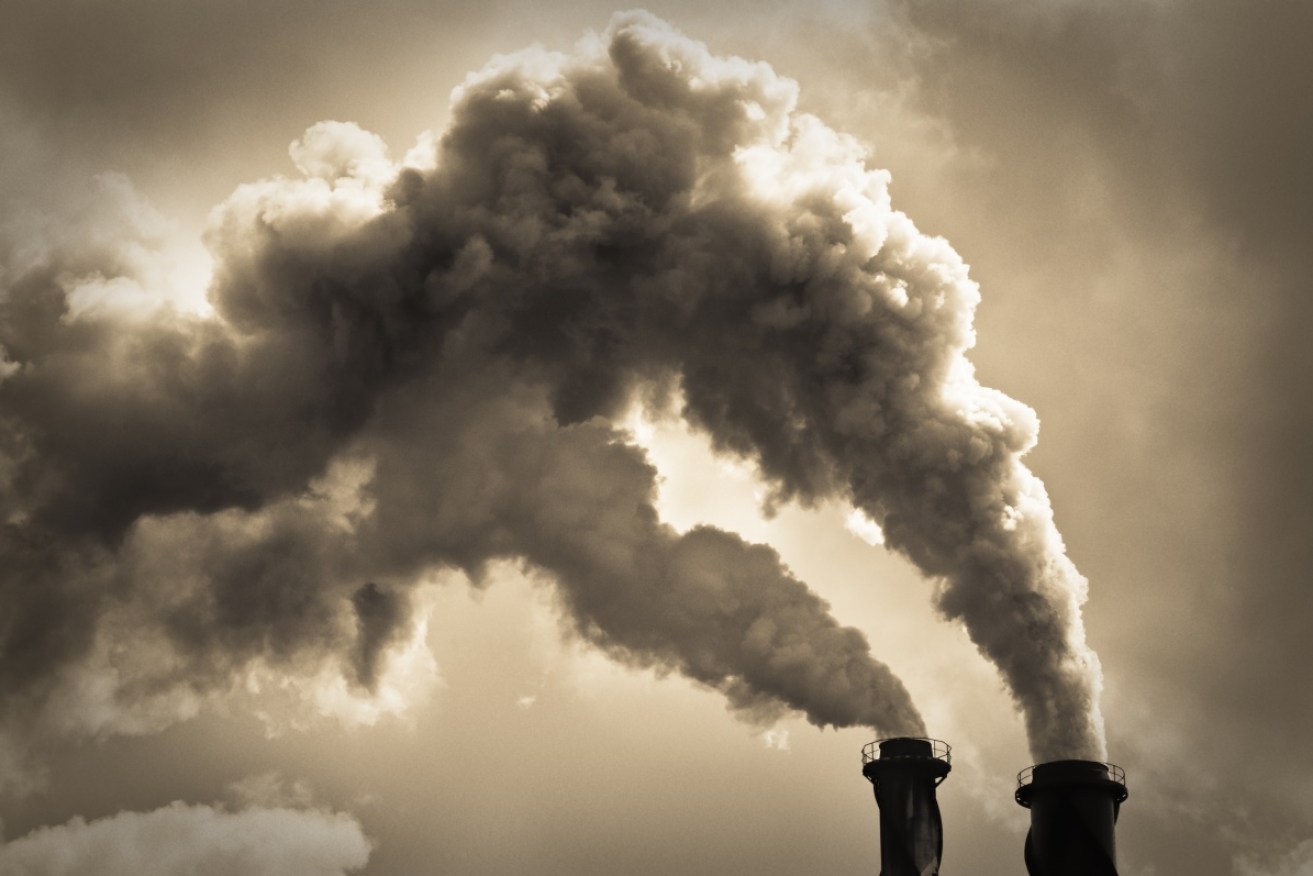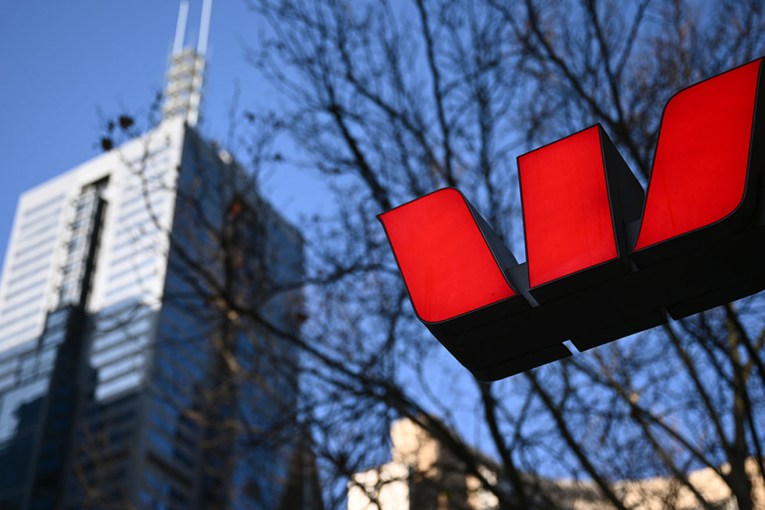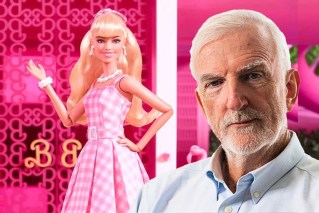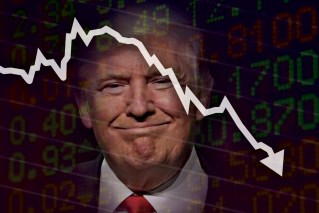The lost decade on climate action has hurt us all


We had the answers 10 years ago, but then came the Climate Wars. Photo: Getty
If Labor and the Coalition finally agree on a ‘low emissions target’ it will end a decade-long war that has damaged the economic interests of all Australians.
An ‘LET’ scheme is expected to be a key recommendation of Chief Scientist Alan Finkel’s review of the national energy market, to be released on Friday.
If such a scheme does become bi-partisan policy, some of the economic harm of the past decade may finally be addressed.
But none of us should forget the cynical politicking and appalling propaganda that turned a debate that should have been settled in 2007 into one that limps across the finish line in 2017.
For far longer than a decade economists have been facing up to the potentially massive costs of climate change.
A group of conservative politicians, on the other hand, were allowed to lie, obfuscate, block and bully with impunity.
Coalition MPs defended their climate inaction with the argument that the link between carbon pollution and global warming was uncertain, and that the rapid build-up of greenhouse gases might not wreck the planet.
That’s like seeing rising arsenic levels in our drinking water and saying: “Yes, but nobody’s hair has fallen out yet.”
Meanwhile, top economists were looking at the cheapest ways to manage climate costs.
A decade ago, in November 2007, Australian economists Warwick McKibben and Peter Wilcoxen went head-to-head with US economist Robert Shapiro on the topic at a Sydney conference.
The Australians argued in favour of a hybrid emissions trading system as the best option, and Mr Shapiro for a carbon tax.
Just before that debate, in the lead-up to the November 2007 election, prime minister John Howard was also fully on board.
He said at the time: “Being among the first movers on carbon trading in this region will bring new opportunities and we intend to grasp them … Low-carbon technologies remain the key to an effective response that minimises the costs of limiting emissions.”
Well, he obviously had his fingers crossed. He admitted in a 2013 speech that it was only a “perfect storm” of political factors that had forced him to consider an ETS.
By the time Labor PM Kevin Rudd and opposition leader Malcolm Turnbull were ready to vote an ETS scheme into existence in 2009, the perfect storm had passed – at least as far as a group of climate sceptics led by former senator Nick Minchin were concerned.
Never mind that Mr Minchin was labelled a “f***wit” and “out of touch” by his own side for seeing climate science as a huge left-wing conspiracy.

Carbon tax protesters were out in force in 2012. Photo: AAP
The out-of-touchers triumphed with the election of Tony Abbott as Liberal leader a few weeks later. They received powerful front-page support to blocking climate action from Rupert Murdoch’s media empire.
As the Rudd government collapsed, and the Gillard government was reborn with the support of the Greens, the Murdoch papers went to war against Labor’s ETS with a three-year fixed price – which in Ms Gillard’s fateful words, “functions a bit like a tax”.
What followed was an abomination of journalistic practice.
This columnist was sitting beside Council of Small Business CEO Peter Strong in 2013 when he took a call from a Daily Telegraph journalist, wanting to know how the ‘carbon tax’ was crippling small business.
Mr Strong said clearly that it was a third- or fourth-order issue – and listed several more pressing issues – yet next day that paper’s headline screamed: ‘Carbon collapse – catastrophe as a firm fails every hour’.
The journalist reported that 11,000 SMEs had collapsed under carbon pricing, without mentioning that 187,000 businesses were created in the same period.
And so it rolled, on and on.
Now, with Mr Turnbull once again leading the Liberal Party, we are virtually back in 2009 – with his old foe Mr Abbott issuing veiled threats that an LET scheme will bring yet more revolt.
Mr Howard’s momentary vision of Australians being “first movers” in pricing carbon or in low-carbon technologies has already been held back for a decade.
If the LET scheme is the best that can be agreed upon, it’s time to get on with the investment, job creation and development of world-beating expertise that our economy should have already developed in those lost years.








